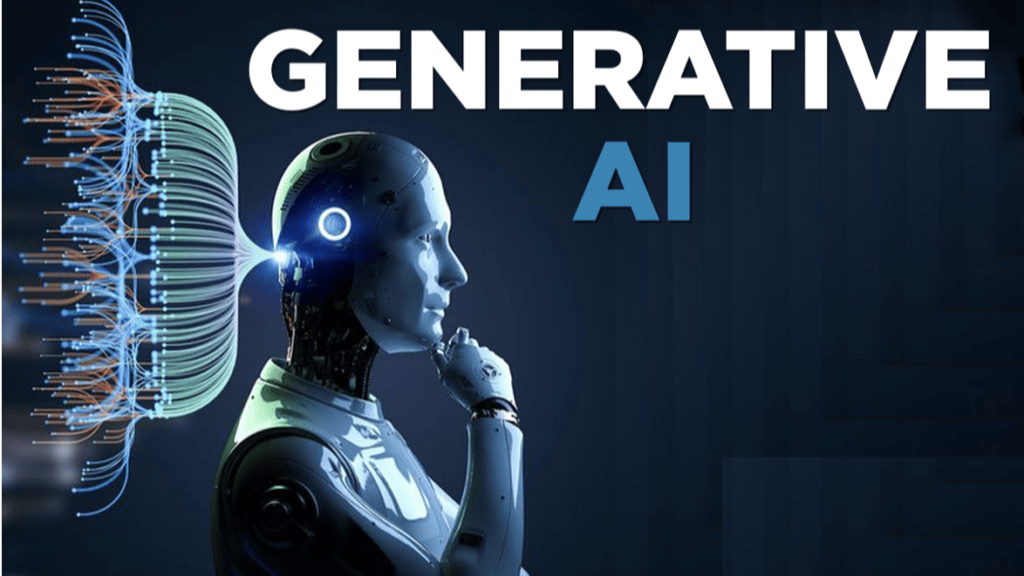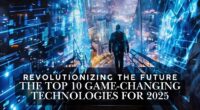Artificial Intelligence (AI) has been a transformative force across industries, but the advent of generative models marks a pivotal moment in the evolution of technology. These AI systems, capable of creating text, images, music, and even code, are redefining creativity and innovation in unprecedented ways.
What Are Generative Models?
Generative models are a type of AI that leverage machine learning techniques to produce new content. Unlike traditional AI systems, which primarily analyze or classify data, generative models can generate original outputs by understanding patterns and structures in the input data. Examples include OpenAI’s GPT models for text, DALL-E for image creation, and Google’s MusicLM for composing music.
These models are powered by deep learning and trained on massive datasets, enabling them to mimic human-like creativity. By analyzing vast amounts of information, generative AI can create content that ranges from realistic to highly imaginative, blurring the line between human and machine creativity.
Applications of Generative AI
Generative models are reshaping industries and opening doors to new possibilities. Key applications include:
- Content Creation:
- Writing: Tools like ChatGPT assist in drafting articles, screenplays, and marketing content, speeding up workflows and inspiring new ideas.
- Visual Art: Artists and designers use AI tools like DALL-E and MidJourney to create compelling visuals, concept art, and design prototypes.
- Healthcare:
- Generative models help design new drugs by simulating molecular structures and predicting their effectiveness, accelerating pharmaceutical development.
- Entertainment:
- AI-generated music and film scripts are revolutionizing the creative process in music, cinema, and gaming.
- Education:
- Personalized learning materials and interactive simulations created by AI enhance the educational experience for students and educators alike.
- Business Optimization:
- Generative AI assists in creating realistic business scenarios, improving decision-making processes, and generating synthetic data for analysis.
Challenges and Ethical Considerations
Despite its potential, generative AI presents challenges that need careful consideration:
- Copyright and Ownership: Determining who owns AI-generated content remains a legal gray area.
- Misinformation: The ability to generate realistic fake news or deepfakes poses risks to trust and security.
- Bias: Generative models may inherit biases present in their training data, potentially perpetuating stereotypes or unfair practices.
- Job Displacement: Automation of creative tasks could impact traditional roles in content creation and design.
The Road Ahead
Generative AI’s capabilities are rapidly expanding, with ongoing research addressing its limitations. Companies are working to make these tools more transparent, ethical, and accessible. For instance, fine-tuning AI systems to align with human values and providing clearer content provenance could mitigate some of the associated risks.
Experts believe that the collaboration between humans and AI will define the future of creativity. Rather than replacing human ingenuity, generative models are expected to act as powerful tools that augment and inspire it.
Conclusion
Generative AI is revolutionizing the way we create, innovate, and interact with technology. As it continues to evolve, this technology promises to unlock new horizons, fostering a future where human and machine creativity converge to achieve remarkable feats. While challenges remain, the potential benefits of generative models far outweigh the risks, making them a cornerstone of the next technological revolution.










